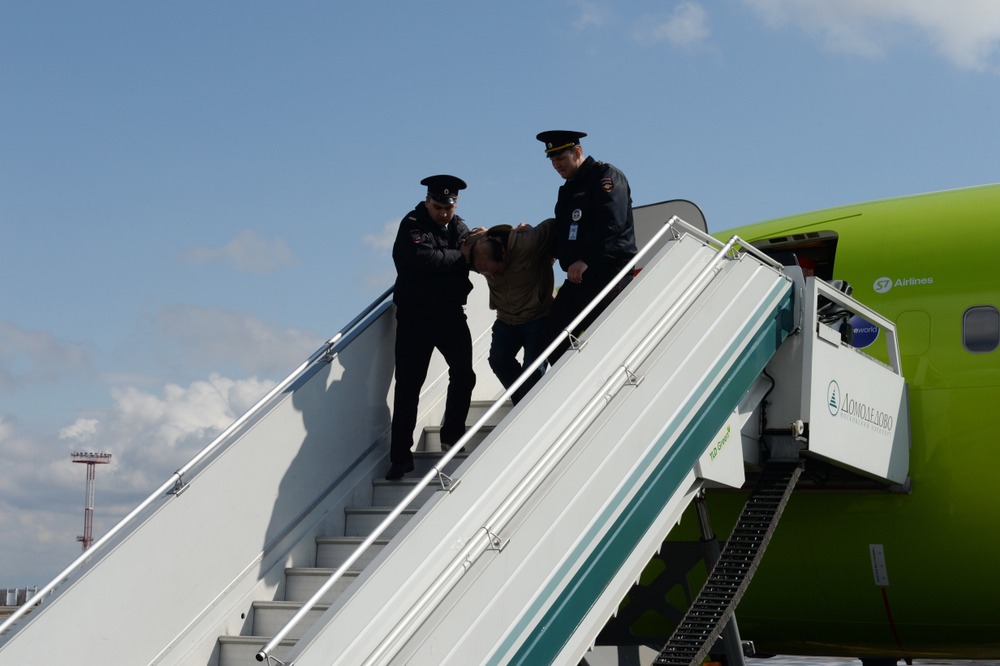We have all heard the stories of airline passengers gone wrong. A woman banned from a flight because of what she was wearing or a teen barred from entering a plane for “skiplagging” and the more extreme passengers arrested for trying to open an emergency door or assaulting a flight attendant. Covid-era face-mask confrontations seemed to bring out the worst in many people.
But more than a year after federal transportation mask mandates were lifted, headlines about “unruly” passengers persist. We asked Darryl B. Cohen, a partner at Cohen, Cooper, Estep & Allen, LLC in Atlanta, Georgia, who specializes in entertainment, criminal defense, and hospitality law, for tips on plane etiquette so you and your attendees can avoid being the next headline.
FAA Regulations
You know the pre-flight safety announcement: “It is mandated by Federal Aviation Regulations that all passengers comply with crewmember instructions.”
Cohen says that most people follow the terms known as a “condition of carriage” they agreed to when they bought their ticket. That includes following flight attendants (do not call them stewardesses) requests to stay buckled in their seats, folding tray tables and switching devices to airplane mode. “Exceptions are few and far between, but when they happen in the age of social media, it is on the Internet before the cabin doors have closed,” he said.
Cohen has noticed that post-Covid some people are more entitled and aggressive. One client who was flying first class went to the front of the plane to complain and refused to sit down when asked and is now fighting an up to $1,500 fine for “interfering with flight attendants.”
Physically assaulting or threatening to assault an airline crew member can result in a felony charge and using a weapon—anything that could cause harm—can result in prison and fines of up to $250,000. Even more minor disruptive behavior such as blocking crew member access or disobeying instructions can get you banned from an airline or all airlines if it rises to the FAA level and that can result in fines of up to $25,000 per violation.
Read More: Can Broken U.S. Airlines Be Fixed?
“Often it isn’t what you do, but how you do it,” said Cohen. He suggested thinking of flight attendants the way you would a police officer. They are not just there to serve little bags of pretzels and overpriced drinks. They are charged with the safety of everyone on the flight and not complying can shift their attention from where it needs to be and endanger everyone’s lives. “They aren’t making up the rules. They are there for our safety,” he said.
If you don’t agree with how you are being treated, “Don’t get mad, get even later by complaining once the flight has ended,” he suggested. That will allow you to exercise your passenger rights rather than making a scene when the flight attendant is the boss.
Passenger Rights
The U.S. Department of Transportation enforces aviation consumer protection through their Fly Rights website which outlines everything from airfares and overbooking to baggage fees and safety. You have the right to complain and the DOT outlines the proper way to do so.
Read More: How to Navigate Bumpy Airline Schedules
“DOT rules require U.S. airlines to provide information on how to file a complaint with the carrier. This information must appear on their websites, on all e-ticket confirmations, and upon request at any of the airline’s ticket counters or gates. When passengers comment on airline service, most airlines do listen. They track and analyze the complaints and compliments they receive and use the information to determine what the public wants and to identify problem areas that need attention. They also try to resolve individual complaints. A DOT rule requires that airlines acknowledge a written complaint within 30 days and send a substantive response within 60 days of receiving the complaint.”
Two months can seem like a long time to wait for a response. DOT suggests looking for a “trouble-shooter” or customer service representative at the airport to manage everything from arranging meals and hotel rooms for stranded passengers, refunding denied boarding ticketholders and finding luggage.
Beyond that, take notes at the time the incident occurred and jot down the names of the carrier employees with whom you dealt. Keep all of your travel documents (ticket or confirmation, baggage check stubs, boarding pass, etc.) as well as receipts for any out-of-pocket expenses.
DOT suggests waiting a day to write a letter if you are angry so you can assume a more businesslike tone. Include the names of employees who were rude or made things worse and anyone who might have been helpful. State what you would like done to make amends. The final piece of advice is to: “Be reasonable. If your demands are way out of line, you are rude or sarcastic, or you use vulgar language, at best your letter might earn you a polite apology and a place in the airline’s crank files.”
This article appears in the January/February 2024 issue. You can subscribe to the magazine here.




